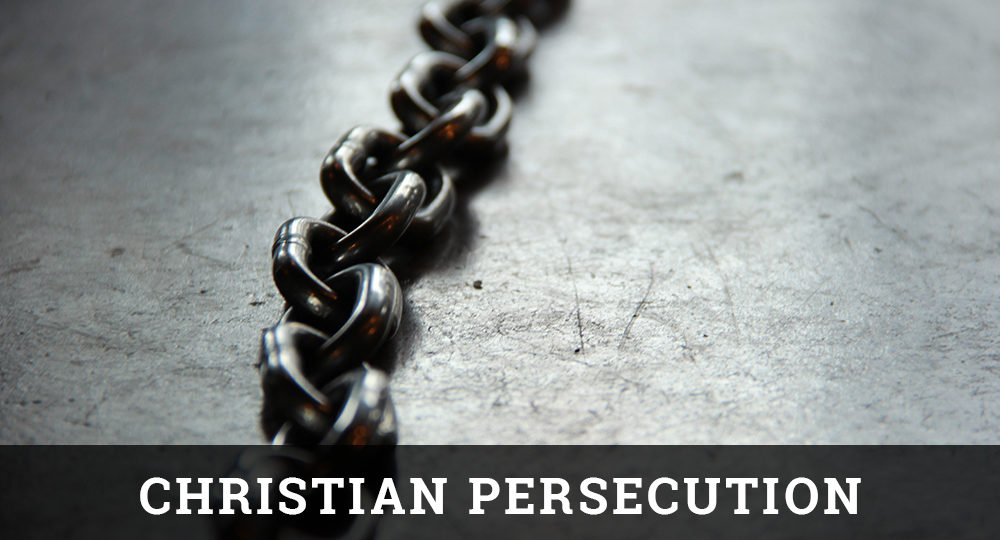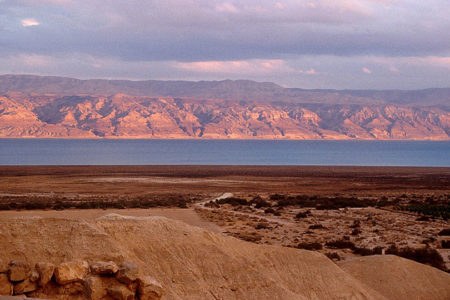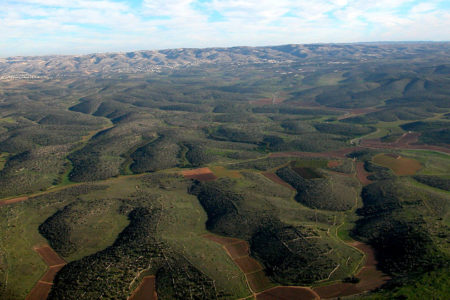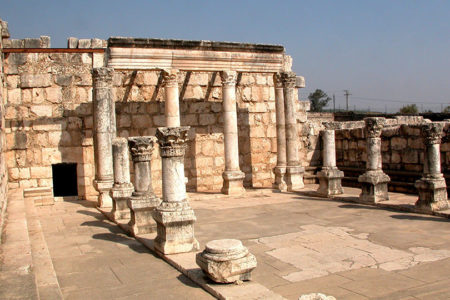They Cry in Silence May/Jun 2006
The accusation is often leveled that The Friends of Israel is anti-Palestinian and, therefore, without sympathy for Palestinian Christians. This is in no sense the case. These accusations usually come from individuals and organizations that are anti-Israel and, at the same time, anti-Semitic.
We are a Christian organization, and we support the rights of the Jewish people to a legitimate home-land in the Middle East. We deplore the injustices that have befallen the Palestinians; and we blame the corrupt, brutal Palestinian leadership for them because it has exploited and deprived its own people, taught them to hate, and instilled within them a perverse desire to become homicidal perpetrators of the death and mutilation of thousands of innocent people.
One of our greatest concerns now is for the future of the Palestinians in general and Palestinian Christians in particular. The Palestinian Christians are at greatest risk behind the curtain of a militant, Islamist regime led by the Hamas terrorist organization.
They are, in fact, more in jeopardy than are Israelis. Israel is a democracy, with all the necessary means to protect the state and its people. This is not the situation Palestinians find themselves in today. Nor is their plight apt to improve. The truth is, many Palestinian Christians are very much afraid of what the future holds. Laura Feldinger, writing in The Jerusalem Post, said, “If Hamas installs strict Islamic religious rule, Palestinian Christians stand to become a legally subjugated minority inside Palestinian society.”
Already wary, they anxiously wait to see how the Hamas-led government will proceed. At least one Christian woman is not taking any chances. “Since Hamas took over,” she said, “I don’t feel comfortable, so I cover my head. Years ago, I even used to go with short sleeves. You’d have to put a gun to my head to get me to wear short sleeves now.” And she is not alone. A Christian clergyman commented that recently he had seen an increasing number of women doing the same thing.
Some believe, for the short term at least, Hamas will not impose Muslim Sharia law on its citizens. This will probably be the case. At the moment, Hamas is looking for international legitimacy, support, and an accommodation with much of the West—some of which seems eager to comply. But if one stops to consider (1) Hamas’s announced, ongoing dedication to the destruction of Israel; (2) its unremitting demand that all so-called Muslim refugees be allowed to return to Israel proper; and (3) its commitment to strict, religiously oriented Islamic ways, the future looks anything but bright.
A stonemason from Bethlehem probably spoke for most Palestinian Christians when he told Agence France-Presse, “Sure, now Hamas says nice things, but five years from now, I don’t know. A lot of Bethlehem Christians are leaving and going abroad…I would go in a minute if I could. We’re like in a cage here. We hate our life, even if we love our country.”
When Jewish people were trapped behind the Iron Curtain in the former Soviet Union, Christians around the world prayed, contributed, and helped to get them out. Are we coming to the same state of affairs in the coming Palestinian state? What we can do now is pray for the peace of Jerusalem and for safety and security for our Palestinian brethren.







